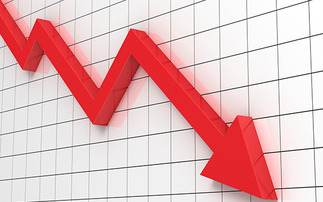A predicted 18.1 per cent plunge in desktop shipments will drive annual decline in unit shipments
The global PC market will suffer a decline in unit shipments in 2009 for the first time since the dot com bust of 2001, according to market watcher iSuppli. Global shipments are anticipated to...
To continue reading this article...
Join CRN
- Enjoy full access to channelweb.co.uk - the UK’s top news source for the IT channel
- Gain the latest insights through market analysis and interviews with channel leaders
- Stay on top of key trends with the Insider weekly newsletter curated by CRN’s editor
- Be the first to hear about our industry leading events and awards programmes
Already a CRN member?






